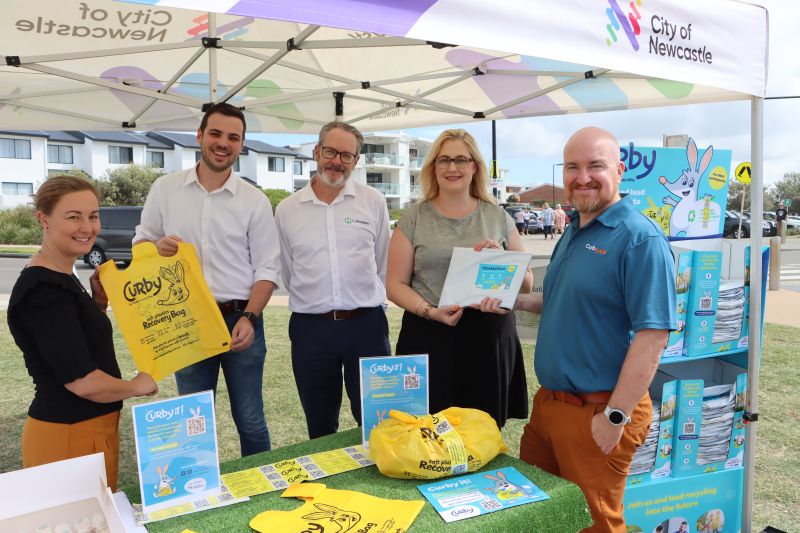As part of our plan for a stronger future, the Coalition Government is delivering on its commitment to support the growth of Australia’s critical minerals sector, announcing a package of measures to help unlock the industry’s significant potential.
The measures, which are part of the 2022-23 Budget, include a $200 million Accelerator grants program, $50 million to support research and development and an updated industry strategy.
Prime Minister Scott Morrison said Australia’s resources companies were leading the world in developing new critical minerals markets.
“The world is becoming a more uncertain place and we want to secure Australia as a reliable partner for local and global businesses that need the critical minerals we have right here,” the Prime Minister said.
“We’ll dig them up right here. We’ll refine them right here. We’ll look to make the products that use them right here.
“These suite of initiatives are about backing our home grown resources industry just like Liberals and Nationals always have.
“As the global economy changes, there are exciting new growth opportunities emerging in areas such as rare earths and critical minerals that ultimately mean we can deliver a stronger economy for Australia and secure a stronger future.
“Critical minerals are used in more and more essential products. That means there are huge opportunities to backing the Australian critical minerals with programs like these, to be a partner whose products are high quality and consistent. A partner people can trust to deliver.”
Minister for Resources and Water Keith Pitt said the Accelerator initiative will provide grants to strategically significant critical minerals projects at the early to mid-stage to fast-track them to market.
“By backing these important projects, we are also driving private sector investment to enhance Australia’s strong international reputation as a reliable supplier of the resources the world needs,” Minister Pitt said.
Minister Pitt said the 2022 Critical Minerals Strategy, launched today, sets out to grow our critical minerals sector, expand downstream processing and help meet future global demand.
“The Strategy will cement Australia’s position as a leading producer of critical minerals, while contributing to our national security and economic prosperity,” Minister Pitt said.
“Developing and diversifying our resources sector strengthens our national economy, delivering jobs and growth opportunities, especially in regional Australia.
“While the Greens openly talk about partnering with Labor to destroy Australia’s resources sector, the Government strongly supports the industry and today’s announcement builds on our strong record of delivery.
“A strong economy means a strong future for Australia, and resources are a significant contributor to that.
“Our resources and energy exports hit a record high value of $348.9 billion, and are projected to hit $379 billion in 2021-22.
“Australia is blessed with extraordinary reserves of the critical minerals needed by sectors including defence, aerospace, automotive, energy, telecommunications and agritech.
“We produce around half the world’s lithium and we are the second-largest producer of cobalt and the fourth-largest producer of rare earths.
“We have the potential to do so much more and we are taking action to grow Australia into a critical minerals powerhouse.”
Minister Pitt said Australia’s large critical minerals reserves, our technical expertise and track record as a reliable and responsible supplier, enable the sector to respond to increasing global market demand.
“We can also expand into downstream processing and embed Australia in global supply for technology ranging from mobile phones to fighter jets,” Minister Pitt said.
Minister Pitt said the Government has also committed $50 million over three years to establish the virtual National Critical Minerals Research and Development Centre, which will draw together expertise from CSIRO, Geoscience Australia, and the Australian Nuclear Science and Technology Organisation.
“This Centre will build Australian capability in critical minerals processing, target technical bottlenecks in strategic supply chains, and drive breakthrough collaborative research,” Minister Pitt said.
“The Centre’s projects will help unlock new sources of economically viable critical minerals, and diversify supply chains of strategic interest to Australia and our allies.”
The 2022 Critical Minerals Strategy is available on the Department of Industry, Science, Energy and Resources website.

